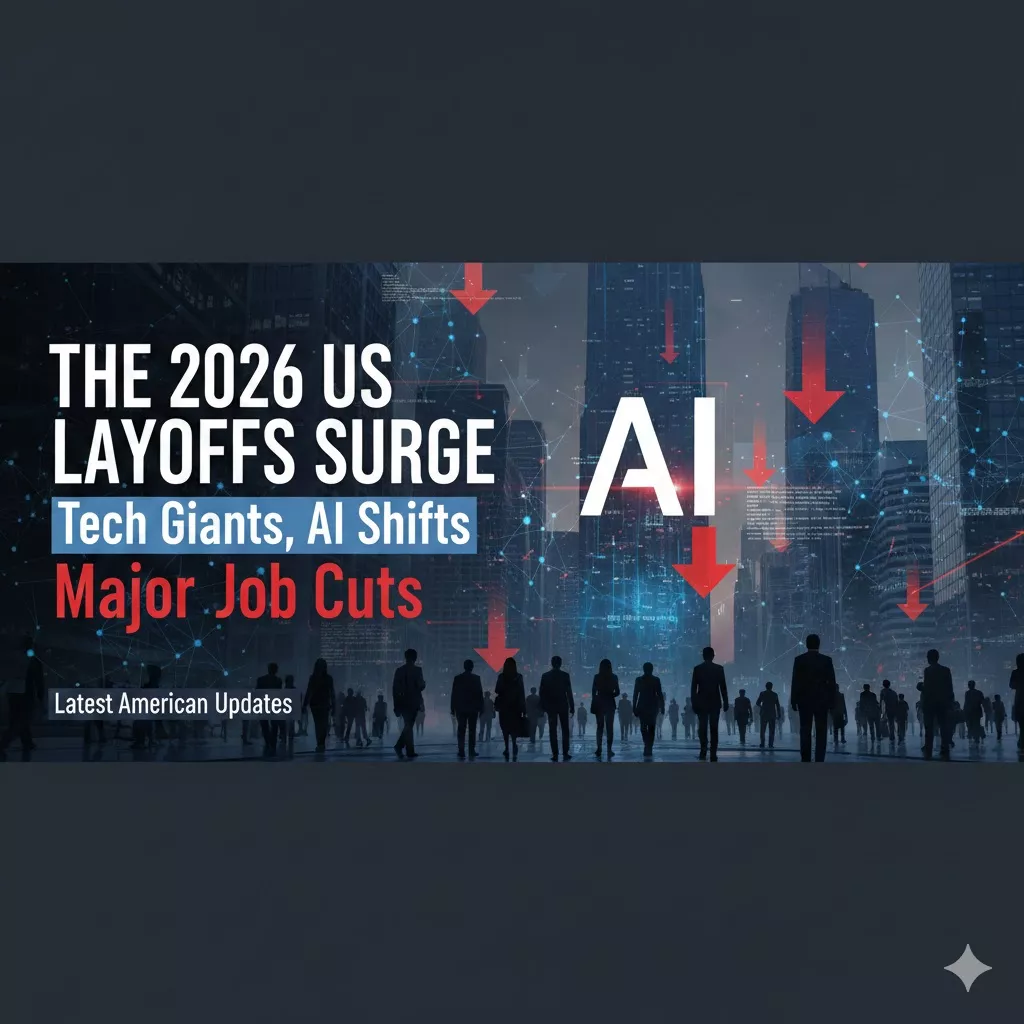Kroger Closes Stores in Four States: A Tough Call Amid Big Changes
Cincinnati, Ohio, August 16, 2025 — Kroger, the grocery giant that’s been a staple in American shopping carts for over a century, is pulling the plug on several stores this month, leaving communities in Georgia, Illinois, Virginia, and West Virginia grappling with the fallout. The closures, part of a larger plan to shutter 60 locations nationwide over the next 18 months, signal a strategic pivot for the retailer as it navigates financial pressures, a leadership shakeup, and a controversial merger. Here’s the full scoop on why Kroger is closing stores, which locations are affected, and what it means for shoppers and workers.
The Stores on the Chopping Block
Kroger, which operates over 2,700 stores under names like Mariano’s, Harris Teeter, and Fred Meyer, is closing five locations in August 2025 across four states. These closures are just the start of a broader wave, with 60 stores—about 2% of Kroger’s nationwide footprint—set to close by mid-2026. The August closures, confirmed through local media and the United Food & Commercial Workers (UFCW) union, include:
- Georgia:
- 11877 Douglas Road, Alpharetta, GA; closing August 16 (Fox 5 Atlanta, Atlanta News First)
- Illinois:
- Mariano’s, 144 S Gary Ave., Bloomingdale, IL; closing August 15 (NBC 5 Chicago)
- Mariano’s, 2323 Capital Dr., Northbrook, IL; closing August 22 (NBC 5 Chicago)
- Virginia:
- 1904 Emmett Street, Charlottesville, VA; closing August 22 (UFCW Local 400)
- West Virginia:
- 2908 State St., Gassaway, WV; closing August 22 (UFCW Local 400)
These stores aren’t the end of the story. More closures are slated for September and October in places like Decatur and Brookhaven, Georgia; Kingsport, Tennessee; and Abingdon, Virginia. Kroger has kept the full list of 60 stores under wraps, leaving customers and employees piecing together the puzzle from local reports.
Why Is Kroger Pulling Back?
The decision to close stores isn’t a whim—it’s a calculated move driven by a mix of financial, strategic, and operational challenges. Interim CEO Ron Sargent, who stepped in after former CEO Rodney McMullen’s abrupt exit in March 2025 amid an ethics probe, laid out the reasoning during a June earnings call. The company is targeting “underperforming” stores—those bleeding cash or failing to meet profit goals—to streamline operations and free up resources.
Here’s what’s driving the closures:
- Profitability Woes: Some stores simply aren’t making the cut. Older locations, like those in Alpharetta and Gassaway, face high operating costs or declining sales, making them financial liabilities. Kroger says the closures will deliver “modest financial benefits” to reinvest in stronger locations.
- Strategic Overhaul: Kroger is pouring $3.6 to $3.8 billion into capital expenditures in 2025, funding new stores, renovations, and tech upgrades like self-checkout systems and online delivery. Closing unprofitable stores helps redirect funds to these high-priority projects.
- Merger Pressures: Kroger’s proposed $24.6 billion merger with Albertsons, announced in 2022, is still in limbo, facing regulatory hurdles and lawsuits. The deal has racked up legal fees and forced Kroger to rethink its portfolio, with closures seen as a way to strengthen its financial position ahead of potential merger approvals.
- Leadership Turmoil: McMullen’s resignation, tied to an ethics investigation, has left Kroger in a transitional phase. Sargent’s interim leadership is focused on stabilizing the company, and store closures are part of a broader effort to show investors that Kroger is serious about cutting costs.
- Market Shifts: The grocery industry is cutthroat, with competitors like Walmart, Amazon, and Aldi vying for market share. Inflation, changing consumer habits, and the rise of online grocery shopping have squeezed margins, forcing Kroger to double down on high-performing locations.
The Human Cost
For employees, the closures are a gut punch, even though Kroger has promised to offer all affected workers jobs at nearby stores. The UFCW Local 400, representing many Kroger employees, isn’t buying the rosy narrative. “These closures rip away good union jobs and limit food access, especially in rural areas like Gassaway,” said UFCW Local 400 President Mark Federici. In small towns, losing a Kroger can mean longer drives for groceries, creating potential “food deserts” where fresh, affordable food is hard to come by.
Shoppers are feeling the sting too. In Charlottesville, residents expressed frustration on social media, noting the store’s role as a community hub. “This was my go-to for quick groceries,” one X user posted. “Now what?” In Alpharetta, a bustling Atlanta suburb, the closure has sparked concerns about traffic and access, as shoppers may need to travel farther to other Kroger locations or competitors.
A Bigger Picture
Kroger’s move comes amid a wave of retail closures in 2025. Chains like At Home, Wahlburgers, and Hooters have also announced store shutdowns, reflecting broader economic challenges like inflation and shifting consumer preferences. Kroger, founded in 1883 and now a $147 billion behemoth with over 400,000 employees, is no stranger to adaptation. But these closures highlight the tightrope it walks between growth and survival.
The company isn’t just closing stores—it’s also opening 30 new ones in 2025 and 2026, betting on modernized locations to attract customers. Online shopping and delivery services are another focus, as Kroger competes with Amazon’s grocery push. Still, the secrecy around the full closure list has fueled speculation and unease, with communities left wondering if their local store is next.
What’s Next for Kroger?
As August closures wrap up, attention turns to the next wave in September and October. Kroger’s tight-lipped approach has frustrated some, but the company encourages affected customers to shop at nearby locations or online. The bigger question is whether these closures will stabilize Kroger’s finances or alienate loyal shoppers and workers.
The Albertsons merger looms large, with a federal court decision expected later in 2025. If approved, it could reshape the grocery landscape, but it also risks further closures as Kroger and Albertsons consolidate overlapping stores. Meanwhile, calls for transparency grow louder, with unions and local leaders demanding clarity on Kroger’s plans.
For now, communities in Georgia, Illinois, Virginia, and West Virginia are bracing for change. As one Gassaway resident put it on X, “Kroger was more than a store here—it was part of our town.” Whether Kroger can balance its corporate ambitions with community needs remains to be seen.
Follow www.clickusanews.com for updates on retail trends and breaking business news.













